Surprising Reasons You’re Feeling Blue
You cut back on sugar, your thyroid’s fine and you get plenty of love, sunshine and omega-3s. So why are you feeling down?
By Jena Pincott
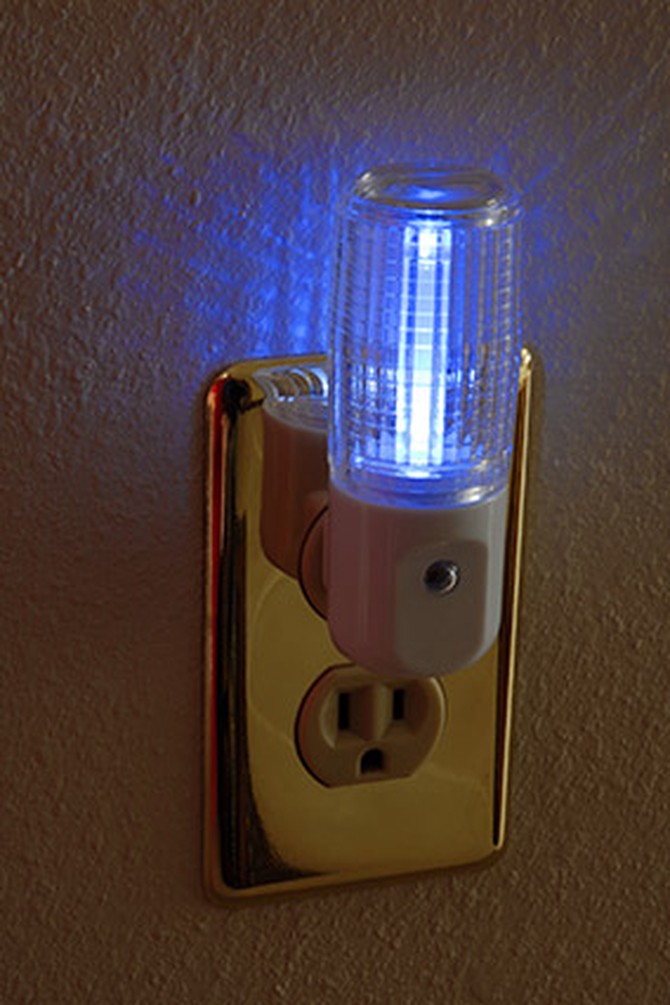
Photo: Thinkstock
You Dream in the Half-Light
Sleeping in dim light is a real downer, found a study at Ohio State University (on hamsters, but there's evidence that it applies to us, too). Four weeks of sleeping in a 5-lux glow—the equivalent of nightlights, streetlights, a TV or computer screen—suppressed levels of the feel-good hormone melatonin and shrank parts of the hippocampus, leading to moodiness and despondency. (Note: Depressive symptoms vanished after two weeks of pitch-dark slumber.)
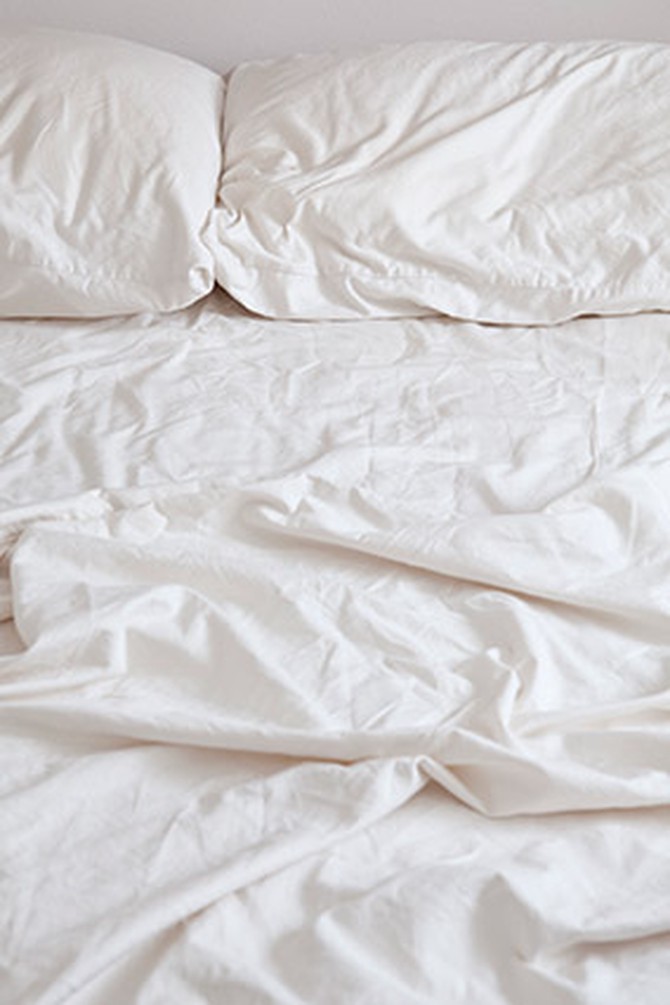
Photo: Thinkstock
You Had an Awesome Quickie
The "post-coital blues" is a mysterious depression that sets in for up to six hours after an orgasm (solo or partnered). Don't assume a deep-seated psychological cause, says psychiatrist Richard Friedman at Weill Cornell Medical College. He speculates that the amygdala, the "emotional" brain region that's inactive during orgasm, strongly rebounds afterward—triggering sadness (or disgust and snappishness). Or it may simply be the letdown following intense pleasure, he says. (Friedman has treated these blues with antidepressants.)

Photo: Thinkstock
You See Peaks Outside Your Window
The higher you are, the lower you may feel (especially if you're 6,500 feet or more above sea level). A University of Utah study found that the high-altitude regions in the U.S. (for instance, Nevada, Utah, Colorado and Montana) and in South Korea had the highest suicide rates. A major cause of unhappiness in mountainous areas is metabolic stress—an effect of mild oxygen shortage (hypoxia)—which worsens the mood for up to 90 days.

Photo: Thinkstock
You Give Your Mind a Long Leash
"A wandering mind is an unhappy mind," wrote Harvard University psychologists Matthew Killingsworth and Daniel Gilbert in their study on mental presence. They found that people are happiest when their minds are in the present moment (yet another reason to meditate)—but that they are only in that state about half of each day. Otherwise, the mind travels, often wistfully or anxiously, leading to unhappiness. The three times we're most likely to be "here" and happy: when exercising, in conversation and (especially) having sex.
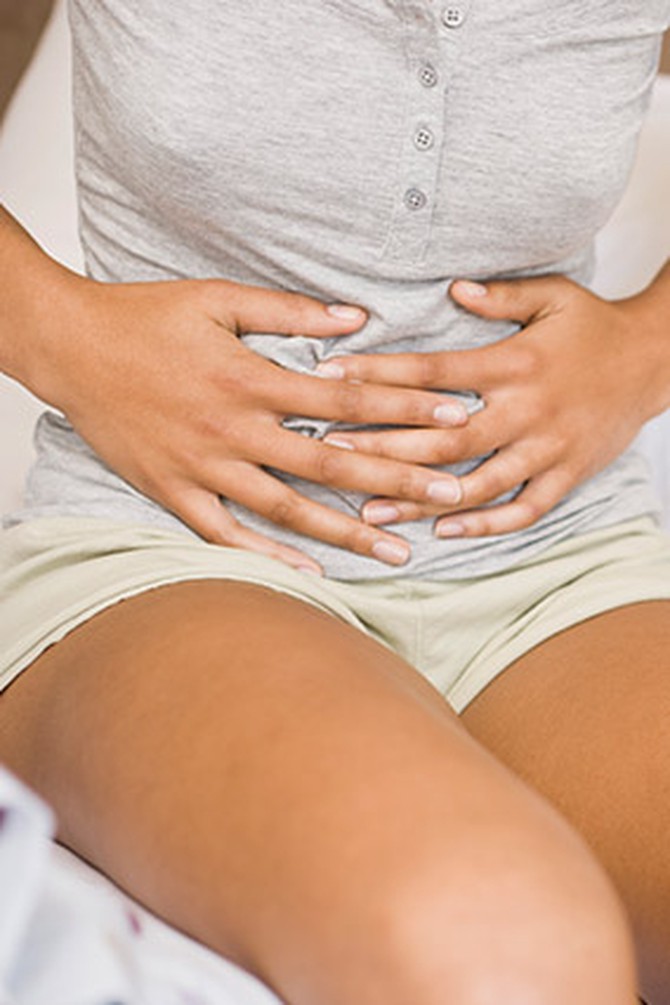
Photo: Thinkstock
Your Belly's Sending Out an SOS
We think our stomach hurts because we're depressed. Sometimes, it's actually the other way around, found Stanford researchers: Digestive problems can cause mood disorders—at least for those who've suffered from frequent bellyaches since childhood. The gut communicates upward through the vagus nerve—and even if pain is blocked (as it was in lab rats)—its distress signals can alter brain function, leading to depression. Future therapies using "friendly" bacteria—like those in yogurt—may soothe the "gut-brain axis."

Photo: Thinkstock
You Like it Lite
Aspartame, the artificial sweetener, may kill "friendly" gut flora associated with better moods. It also blocks the mood-moderating chemical serotonin (although effects were not noticed in people who had not had a history of a mood disorder). Together, these findings might help explain the results of a new NIH study: People who drank four or more cups daily of diet soda/diet iced tea had a 30 percent increased risk of depression compared to nondrinkers (more aspartame, higher risk). While the verdict's still out—correlation isn't causation—consider unsweetened coffee: at least four cups daily was linked with a 10 percent lower risk of depression.
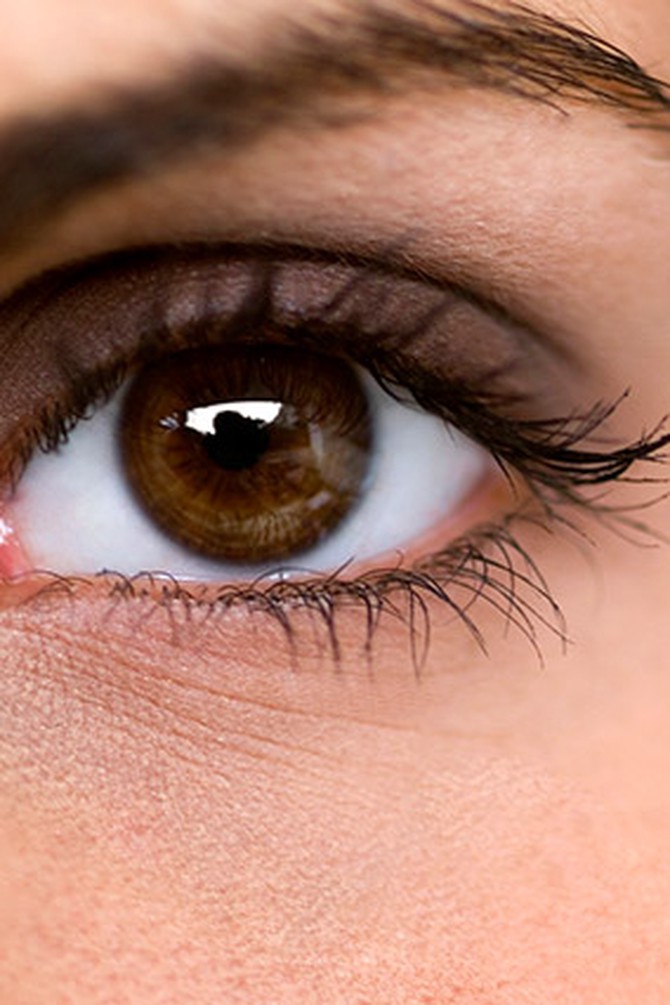
Photo: Thinkstock
Your Crows' Feet Are Frozen
Expressions affect emotions. This means that not being able to frown makes us happier—so found studies on Botox that "froze" between-the-brow furrows. And not being able to smile makes us feel sadder, finds a new study at Cardiff University. After people had the crows' feet around their eyes treated with Botox—which "diminished the strength of their smiles"—they felt significantly more depressed two to four weeks later compared to those who (here's the lesson) treated only their foreheads.
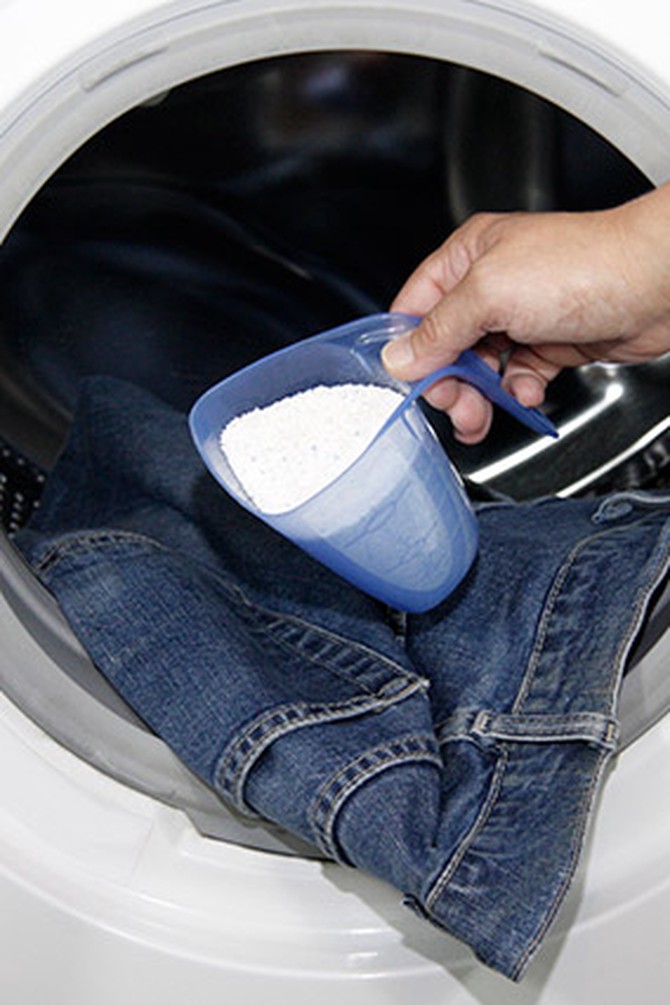
Photo: Thinkstock
Someone Close to You Used Fabric Softener
One in five of us has a chemical intolerance (and probably doesn't know it) to some of the 80,000 odorless chemicals in perfume, sunscreen, detergent and (it seems) just about everything else that's on and in and around us, found a study at the University of Texas at San Antonio. The symptoms may be as subtle as feeling sad, sluggish or irritable. Avoid (obvious) triggers like fragrances and pesticides—and tricky, often-overlooked ones like vinyl shower curtains, highlighters, printers,and others on this list.
Next: How to banish a bad thought before it takes over your life
Next: How to banish a bad thought before it takes over your life
Published 06/26/2013

